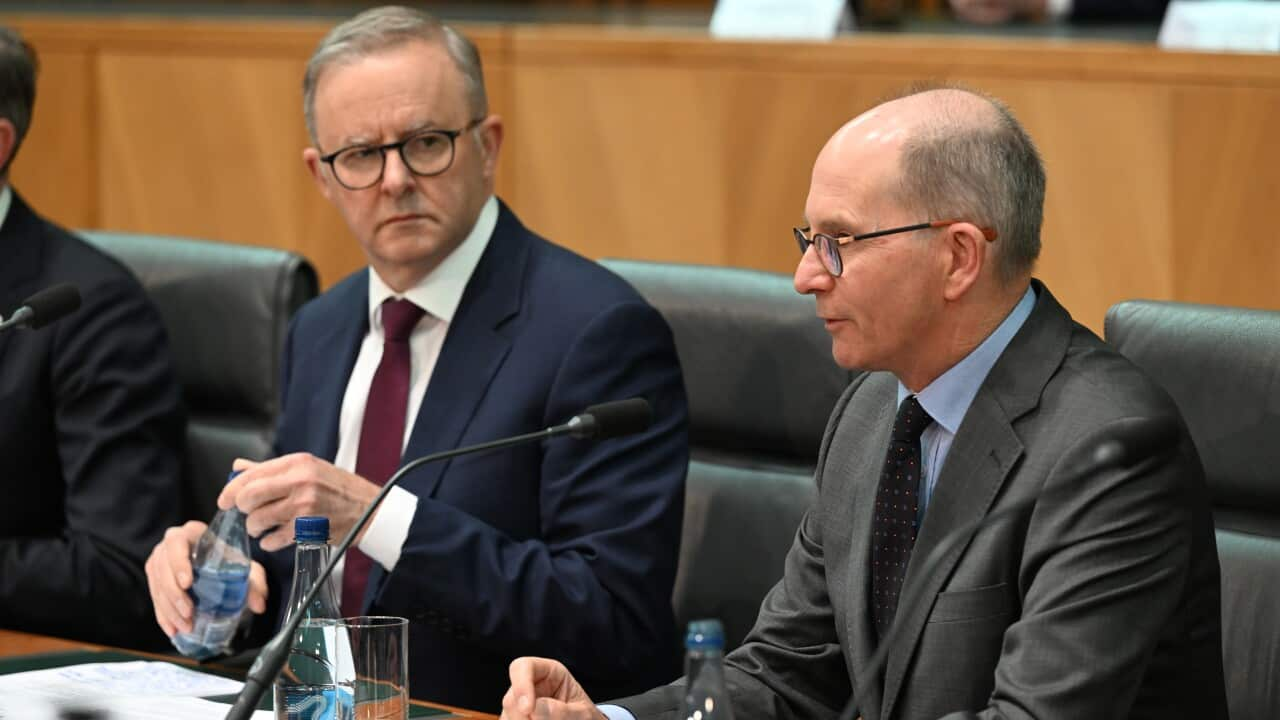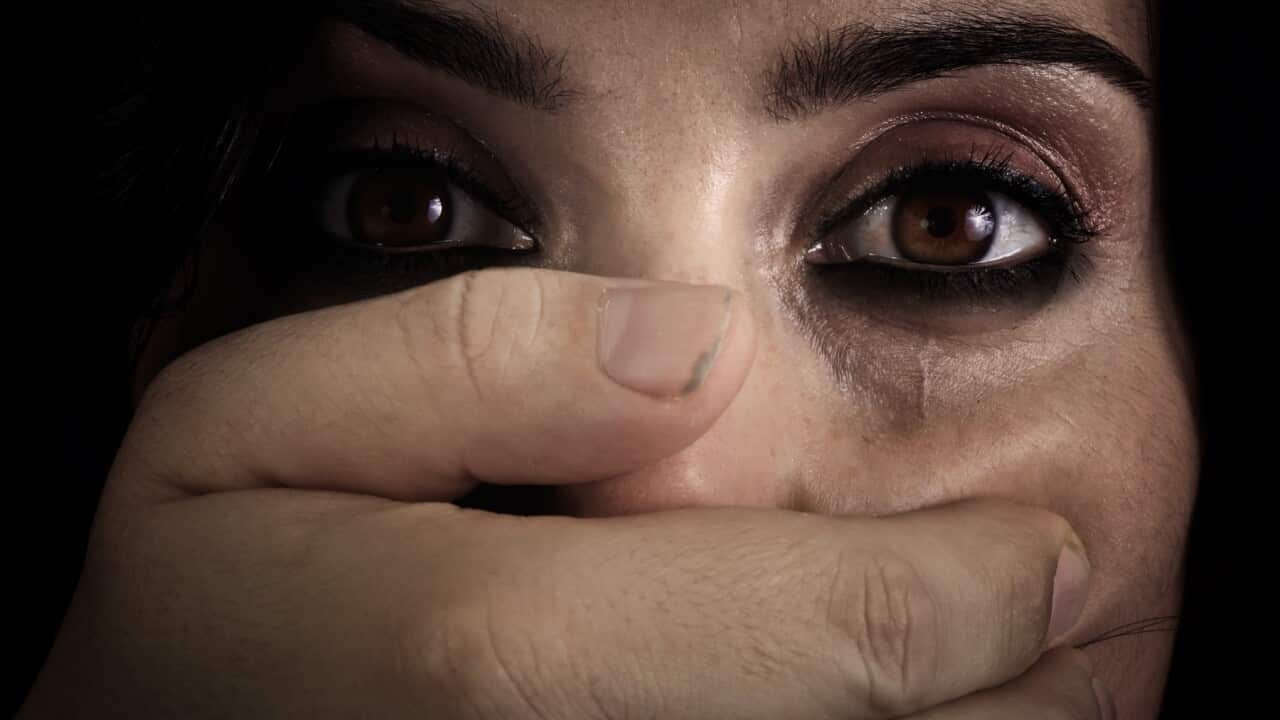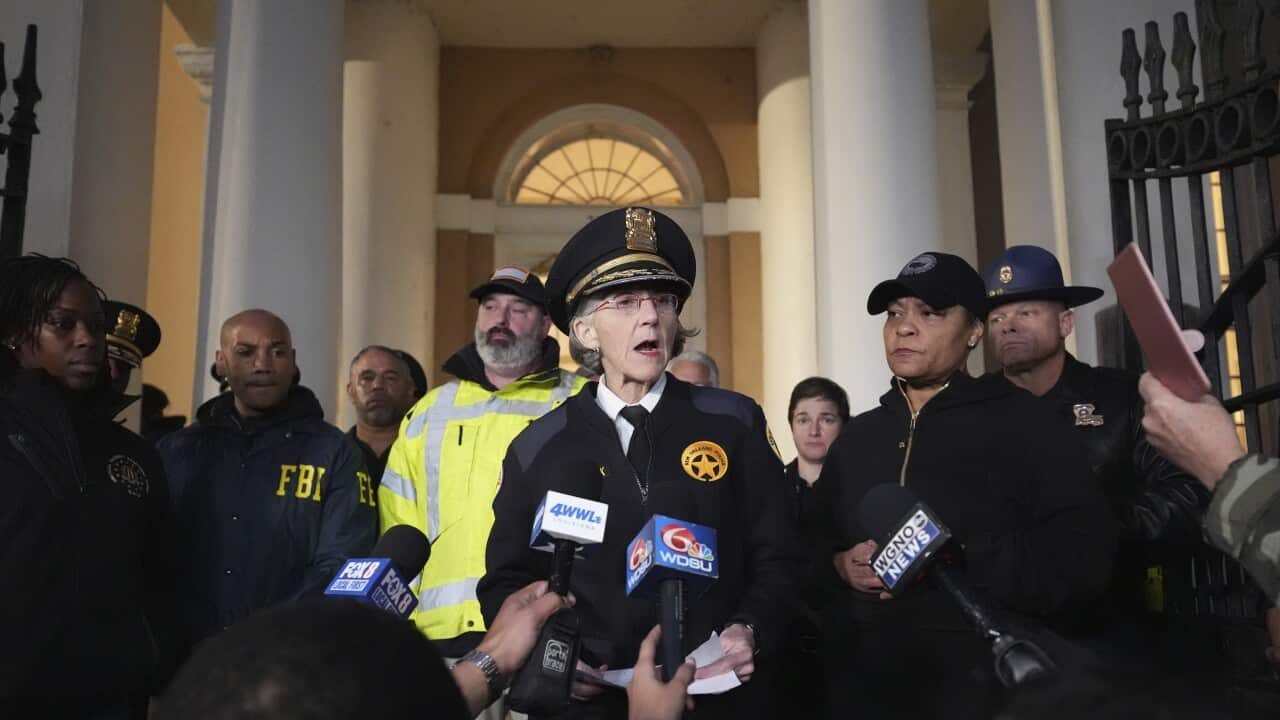Italian
È la fine di un’era per la pandemia, ma non proprio la fine del COVID-19.
Il periodo di quarantena obbligatorio per i casi positivi era stato ridotto in precedenza da sette a cinque giorni.
Ora non è più obbligatorio isolarsi per gli australiani che risultano positivi al coronavirus.
Sono in procinto di finire anche i contributi economici che coprono le assenze dovute alla pandemia, con l’eccezione delle persone che lavorano in ambienti ad alto rischio, ma il consiglio nazionale ha acconsentito a mantenere alcuni aiuti economici per i lavoratori saltuari.
Al momento della decisione, il responsabile medico australiano Paul Kelly ha dichiarato che devono essere prese in considerazione altre misure sanitarie al di là delle sole regole di isolamento.
Ma il professor Brendan Crabb, direttore del Burnet Institute, è preoccupato dalla decisione di abbandonare l’isolamento obbligatorio.
"So it's a really important part of the COVID response, it's also unfair to drop it because you know those who are in insecure work can't just, it's still a strong recommendation to isolate. They can't do it. It is not fair on those people. I find it also illogical."
Brendan Crabb ha dichiarato a SBS News che l’isolamento obbligatorio è uno strumento utile quando i casi sono bassi, per proteggersi contro la nuova ondata di infezioni.
"You know personal responsibility pretty clearly does not work isn't public health measures. Look how few people are wearing masks, look how few people are getting their third dose, third and fourth dose. It seems very unlikely that compliance will be high with isolation."
New South Wales Health sta ancora chiedendo a tutti coloro che presentano sintomi di indossare una mascherina nel caso avessero bisogno di uscire e fare il test per il COVID-19.
E sebbene la registrazione dei test antigenici rapidi non sia più obbligatoria è ancora incoraggiata come pratica volontaria.
Le autorità del Western Australia stanno ancora chiedendo a chi risulta infetto o è un contatto ravvicinato di non avvicinarsi alle strutture mediche per sette giorni.
L’Australian Medical Association crede che le regole di isolamento potrebbero ritornare se le infezioni di coronavirus toccassero il picco durante il periodo delle vacanze natalizie.
Il dottor David Nabarro è il rappresentante speciale dell’Organizzazione Mondiale della Sanità per il COVID-19.
Ha dichiarato alla ABC che gli obblighi possono causare irritazione pubblica ma che nel momento in cui l’Australia entra in questa nuova fase, è necessario che le autorità trasmettano messaggi coerenti.
"Nobody wants to go on with the kind of restrictions that we've had to live under for the last two and a half years. And so yes there is a risk, but I think that it is really important for those of us in public health are as clear as we can in our communication."
Il dottor Nabarro avverte che il coronavirus è ancora presente nella comunità, pur ritenendo che la gravità della malattia sia destinata a diminuire nel tempo.
"We tend to see that the variants that are causing less severe disease and that is our hope, is that the disease will become less severe year-on-year. Now the severity is greatly reduced if people are vaccinated."
Dall’inizio della pandemia, il COVID-19 è costato 15.000 vite umane.
English
It's the end of an era for the pandemic, but not quite the end of Covid-19.
The mandatory quarantine period for positive cases was first reduced from seven to five days.
Now it is no longer compulsory for Australians who test positive to Coronavirus to isolate at all.
Pandemic leave disaster payments are also finishing up, with the exception of people who work in high-risk settings, but national cabinet has agreed to keep some financial support in place for casual workers.
At the time of the decision, Australia's medical chief Paul Kelly said other health measures needed to be weighed up, beyond just isolation rules.
But Professor Brendan Crabb, Director at the Burnet Institute, is concerned about this move away from compulsory isolation.
"So it's a really important part of the COVID response, it's also unfair to drop it because you know those who are in insecure work can't just, it's still a strong recommendation to isolate. They can't do it. It is not fair on those people. I find it also illogical."
Brendan Crabb has told SBS News that mandatory isolation is a useful tool when cases are low, to safeguard against the next wave of infections.
"You know personal responsibility pretty clearly does not work isn't public health measures. Look how few people are wearing masks, look how few people are getting their third dose, third and fourth dose. It seems very unlikely that compliance will be high with isolation."
New South Wales Health is still asking anyone with symptoms to wear a mask if they need to head out and get tested for COVID-19.
And although the registration of positive Rapid Antigen Tests is no longer mandatory, it's still encouraged as voluntary practice.
Western Australian authorities are still asking anyone who becomes infected or is a close contact to steer clear of health facilities for seven days.
The Australian Medical Association is optimistic that isolation rules could return if Coronavirus infections peak during the Christmas holiday period.
Dr David Nabarro is the World Health Organisation's Special Envoy on COVID-19.
He's told the ABC that mandates can cause public anger, but as Australia enters this new stage, authorities need to deliver consistent messages.
"Nobody wants to go on with the kind of restrictions that we've had to live under for the last two and a half years. And so yes there is a risk, but I think that it is really important for those of us in public health are as clear as we can in our communication."
Dr Nabarro is warning that Coronavirus is still present in the community, but says the seriousness of the disease is likely to diminish over time.
"We tend to see that the variants that are causing less severe disease and that is our hope, is that the disease will become less severe year-on-year. Now the severity is greatly reduced if people are vaccinated."
Since the start of the pandemic, COVID-19 has claimed 15,000 Australian lives.
Report by Stephanie Corsetti
Ascolta tutti i giorni, dalle 8am alle 10am. Seguici su , e o abbonati ai nostri podcast cliccando .




